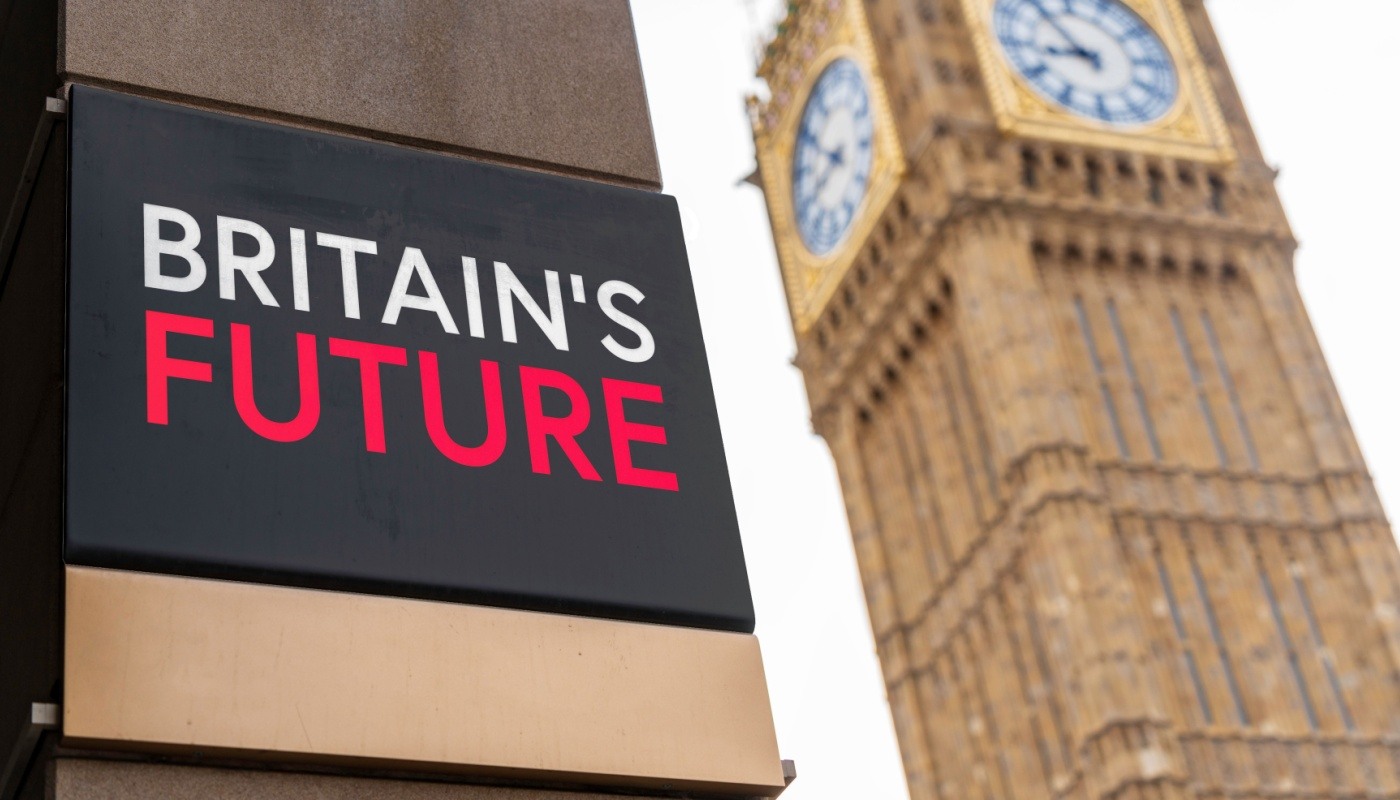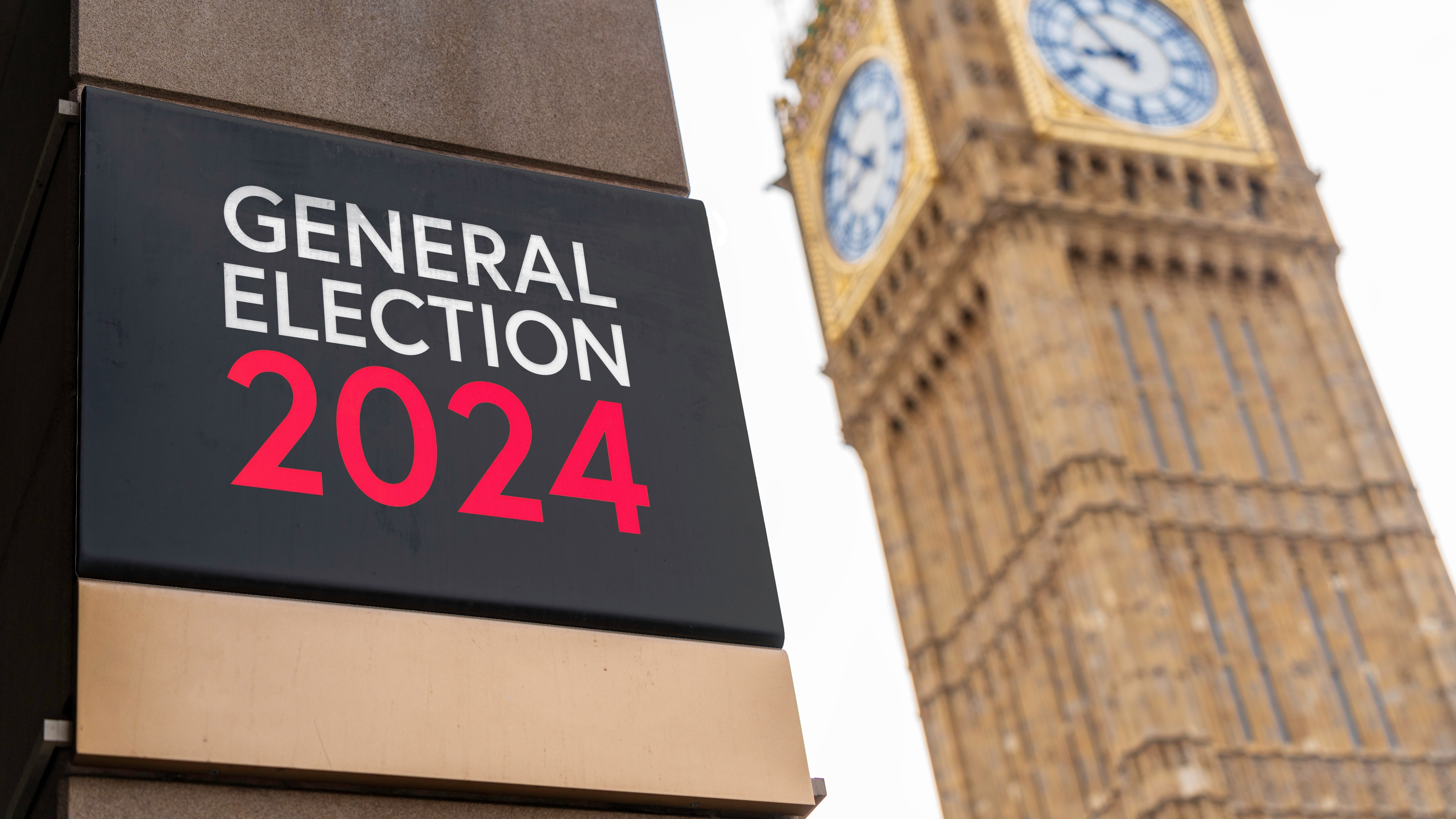Does the global aviation emissions agreement sustain the momentum of the Paris agreement? Or does it detract from it?
by Inline Policy on 20 Oct 2016
On 6 October, a new acronym was introduced to the world of aviation and climate change. CORSIA – the Carbon Offset and Reduction Scheme for International Aviation – is the outcome of what many in the aviation industry have described as an “historic agreement” to tackle the burgeoning problem of aviation emissions.
This article considers whether it is as important as its advocates claim; or, as its critics, claim, will have minimal impact on the growth of aviation emissions. It also places CORSIA in the context of the narrative on climate action, and asks if it does indeed sustain the momentum following last year’s landmark Paris Agreement.
The Background
For anyone familiar with the machinations of the International Civil Aviation Organisation (ICAO), the question of an agreement on aviation emissions has been on the agenda for years. No-one could deny the scale of the problem. According to UN figures, emissions grew by 76.1% between 1990 and 2012. But it is future projections which are really worrying: by ICAO’s own 2013 numbers, emissions from the aviation industry are set to grow 200%-360% on current levels by 2050 (these numbers also take into account the maximum use of lower-carbon alternative fuels). Growth on this scale would place the sector completely out of sync with the long-term temperature goal of 2 degrees Centigrade (requiring certain emissions reductions pathways) set out in the Paris Agreement.
Despite this largely uncontested evidence, reaching any type of agreement that started to tackle future growth projections in emissions had for a long time – with discussions going on over a 20-year period - seemed to be beyond the ability of ICAO. To some extent, the divisions between the developed and developing world on this subject mirrored the difficulties encountered in the international climate negotiations about what would be a fair and equitable settlement; but with an layer of political complexity caused by the involvement of an aviation industry which had mixed views about its responsibilities; and, in addition, doubts about what it could in practical terms do to mitigate emissions, against the background of a sector where passenger demand continues to grow somewhere close to 5% year-on-year.
Expectations were raised in 2013 when ICAO, which meets formally every three years, said that it would aim to conclude an aviation emissions agreement at its next triennial meeting in Montreal in September/October 2016. For long-time followers of the saga, this announcement from ICAO raised some surprised eyebrows; equally, the sector’s history of false dawns fed a natural cynicism that politics would get in the way, even if the UNFCCC negotiations (which had previously been a masterclass in dashed expectations over the last ten years) and agreement in Paris last December encouraged hopes that an agreement on aviation might at last be within reach.
The Detail
As preparations for the ICAO triennial proceeded, a carbon market mechanism predicated on actual emissions reductions for the aviation sector did seem to be in play. But, in the run-up to the Montreal meeting this year, it became clear that this wasn’t a realistic prospect and that instead a voluntary offsets programme for airlines was on offer – and this is what emerged on 6 October.
The details of CORSIA are as follows:
- the objective is for carbon neutrality for the sector after 2020;
- there will be a phased implementation to reflect the principle (always a debating point between developed and developing countries) of “common but differentiated responsibilities” for climate change;
- the scheme will begin with a voluntary period, running from 2021-2026, after which point it will become mandatory;
- to date 66 countries have signed up to the first phase. This includes 44 from the wider Europe region, and other large markets such as the USA, China and Australia. 18 of the 20 largest aviation markets – the exceptions being India and Russia – have joined, providing 85% of the global market;
- to avoid market distortions, CORSIA will include provisions to cover special circumstances such as fast-growing airlines and airlines who have already made significant investment in improving environmental performance;
- in addition to CORSIA, the sector’s global market-based measure, the aviation industry at Montreal pledged to pursue three other pillars as part of its overall climate change strategy: technology (e.g. alternative fuels), operations (e.g. air traffic management) and infrastructure (aircraft, etc.). Here, it is worth commenting that there are doubts about the industry’s ability to make meaningful progress in any of these areas.
While the industry and politicians have unanimously proclaimed the success of Montreal (John Kerry: “unprecedented”; European Commission Vice-President Sefcovic: “historic landmark”), others have been more reserved. Green campaigners have, in particular, been disappointed by - and in some cases, loudly critical of - the offset framework that has been agreed, and by the voluntary nature of the scheme. Moreover, insiders will in private agree that the decisions by some major countries not to join the scheme for now underlines the claim by ICAO and the industry body IATA that CORSIA will introduce carbon neutral growth after 2020.
There are other flaws in the scheme which could undermine its effectiveness. One issue will be the quality of offsets. There is no clarity at this early stage about what the criteria will be and how airlines will be prevented from making their own judgements about what are good and bad offsets. Clearly an objective standard would be welcome for the confidence and assurance it would provide, both to participants and for the broader credibility of the scheme. This overall issue of environmental integrity is undoubtedly key, and a priority ought therefore to be placed on the MRV (monitoring, reporting and verification arrangements), and how to avoid double counting by ensuring that states don’t try to allocate emissions actions on aviation within their national climate plans (the NDCs, in the UNFCCC jargon).
More generally, the ambition enshrined in CORSIA is underwhelming. The urgency of the climate challenge and the accelerating rate at which other sectors, notably the power sector, are decarbonizing, makes the ten-year period in which to make the scheme mandatory look leisurely. Carbon neutrality, going only so far, is not a net mitigation strategy, and the scheme is estimated to make relatively small dents on airlines’ balance sheets. Moreover, the start date of 2020 in principle gives the industry carte blanche to keep growing its emissions; although one test of CORSIA’s effectiveness will be if it incentivizes the more progressive airlines – already undertaking their own offset schemes – to do more in order to ready themselves for the 2020 start date.
That said, as the politicians and officials have claimed, it has taken a huge amount of heavy lifting to get the 191 member states of ICAO to come to this agreement. They also make a legitimate point when they say that the global market-based mechanism – even if it is “only” an offsets scheme at this point – is a stronger and more effective framework than the alternative scenario of a multiple “patchwork” of national and regional schemes springing up around the world. The risks of unilateral action were magnified by the EU’s ill-fated attempt in 2012 to introduce a European aviation emissions scheme that applied to all airlines, EU and non-EU (although it might be argued that the EU’s failure - diplomatically cack-handed but undertaken for the best of intentions – did help ramp up the pressure on ICAO to act at the global level).
Last, in weighing up the merits of CORSIA, it will be fascinating to see if it forces other global sectors to accelerate their attempts to tackle greenhouse gas emissions. The maritime sector has for some time been expected to be next in line after aviation. On that note, a global market-based scheme for shipping does however still look a long way off for now.
The Wider Context
Despite the limited real-world impact of CORSIA, especially in the short-term, its political symbolism is tangible. The fact that it is the first global sectoral agreement on emissions, with sovereign states and business at the heart of striking the deal, is a significant step forward. And it helps convey an impression of forward momentum at the multilateral level.
Post-Paris, there was some initial drawing of breath, almost as if the international community had to pinch itself that it had finally made a global agreement on climate change which bound in every UN member to consider what actions, however modest, it should take to reduce its emissions. The second half of this year has seen a noticeable upping of the tempo. The most striking signal has been the ratification of the Paris Agreement itself. For an agreement not actually meant to take effect until 2020, there were serious doubts about the speed with which the bar – 55 countries representing at least 55% of global emissions – would be exceeded. That tipping-point was certainly not expected to be reached in 2016, and the forthcoming COP 22 in Marrakesh will now justifiably be a celebration of that news, offering the prospect that action and implementation on the NDCs will start earlier than expected.
Paris was a triumph for multilateral diplomacy; as was Montreal; as was last week’s agreement in Kigali on atmosphere-damaging HFCs, after nearly two decades of wrangling (sounds familiar?). But it is also inconceivable to imagine all three of these agreements being reached without the step-change in US-China bilateral co-operation on climate change that has materialized over the last two years. That was undoubtedly the game-changer in political conditions that made Paris achievable. It might also have been the difference between success and failure in Montreal; and the fact that China has taken the political decision to sign up to CORSIA now is a robust rebuttal to the sceptics who query its significance.
To return to the multilateral dimension, the Marrakesh COP will pass an interesting judgement on whether the new co-operative environment surrounding climate change is here to stay. Marrakesh will rightly commemorate Paris. But, looking beyond the hoopla, delegates will also need to demonstrate that they are serious about laying the solid frameworks that can take forward the implementation of Paris and turn the NDCs into a set of coherent national measures that support and incentivise the transition to the low-carbon economy. The deal reached in Montreal offers major encouragement that the momentum will be sustained and indeed accelerated.
Photo - Creative Commons
Topics: Energy policy, UK business, Climate Change, Transport, Aviation, Economic policy, Big Tech







Comments